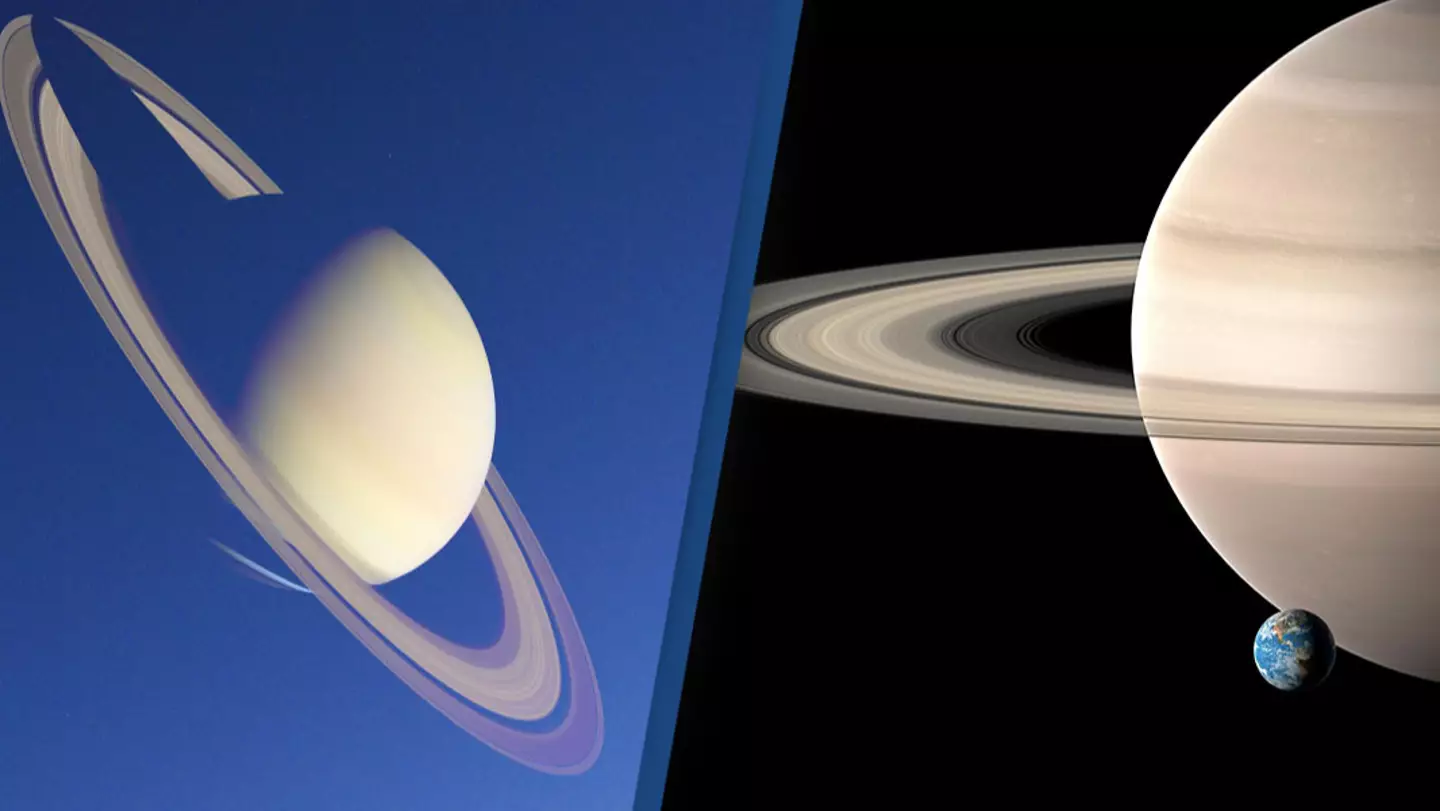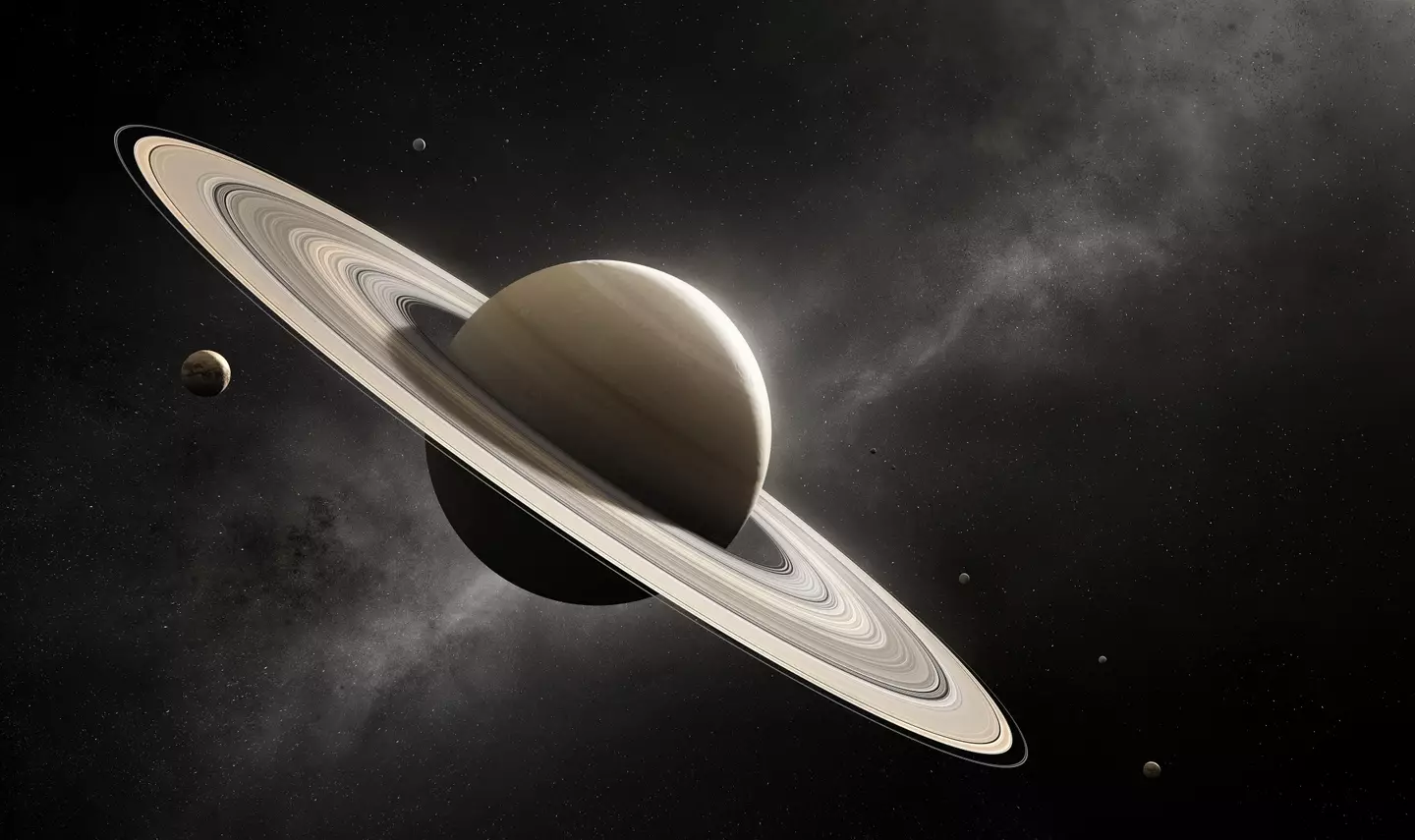
Scientists are predicting that Saturn's unmistakable rings may one day disappear - although thankfully, not in any of our lifetimes.
Despite being unsure about how the ring was first formed, some astronomers are predicting that it could vanish altogether in a few hundred million years time.
As NASA recently relayed to The Atlantic, the phenomena of 'Ring Rain' could be to blame - a process by which part of the belt is disturbed and pulled into Saturn by gravity.
The fragments of ice, rock and dust that make up the ring are then slowly, but surely, vapourised.
Advert
And thanks to its Cassini mission, NASA are now able to accurately estimate that 10 tonnes of 'ring matter' are crashing into Saturn every second.
Little is known about the history of the rings, as estimates put them between 10 and 100 million years old. In many ways, they're still a fairly new addition to the solar system, as the earth is thought to be over 4.5 billion years old by comparison.

The planet's belt stays where it does because of two diametrically opposed forces. While gravity draws it towards Saturn's core, the velocity of the planet's orbit is constantly trying to drag the ring further away.
Consisting largely of water ice particles, it shouldn't come as too much of a shock that its time in the solar system is so finite.
The latest research suggests gravity is winning the war, however, with Saturn's rings expected to disappear within the next 300 million years.
"We estimate that this 'ring rain' drains an amount of water products that could fill an Olympic-sized swimming pool from Saturn's rings in half an hour," said James O'Donoghue, of Nasa's Goddard Space Flight Centre, speaking back in 2018.
"We are lucky to be around to see Saturn's ring system, which appears to be in the middle of its lifetime."
He also adds that other planets in the solar system may have had more prominent rings historically, if they are indeed temporary.
"However, if rings are temporary, perhaps we just missed out on seeing giant ring systems of Jupiter, Uranus and Neptune, which have only thin ringlets today," O'Donoghue adds.
Topics: Space, NASA, Technology
